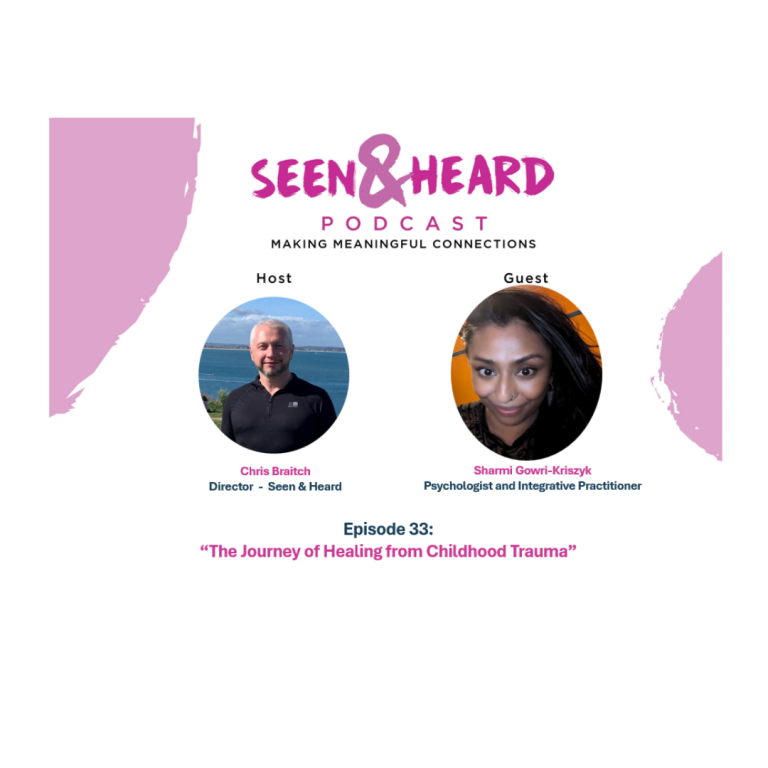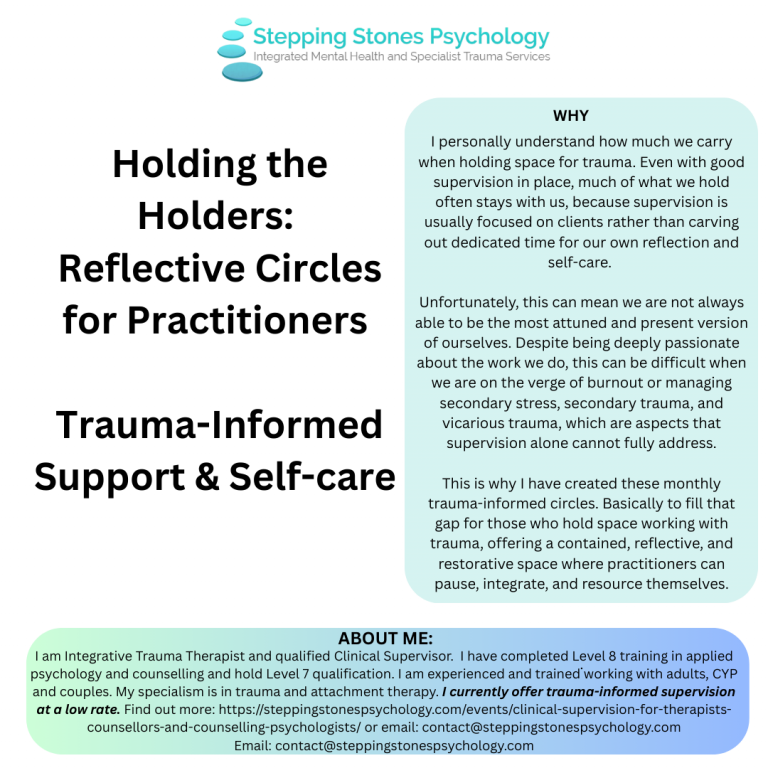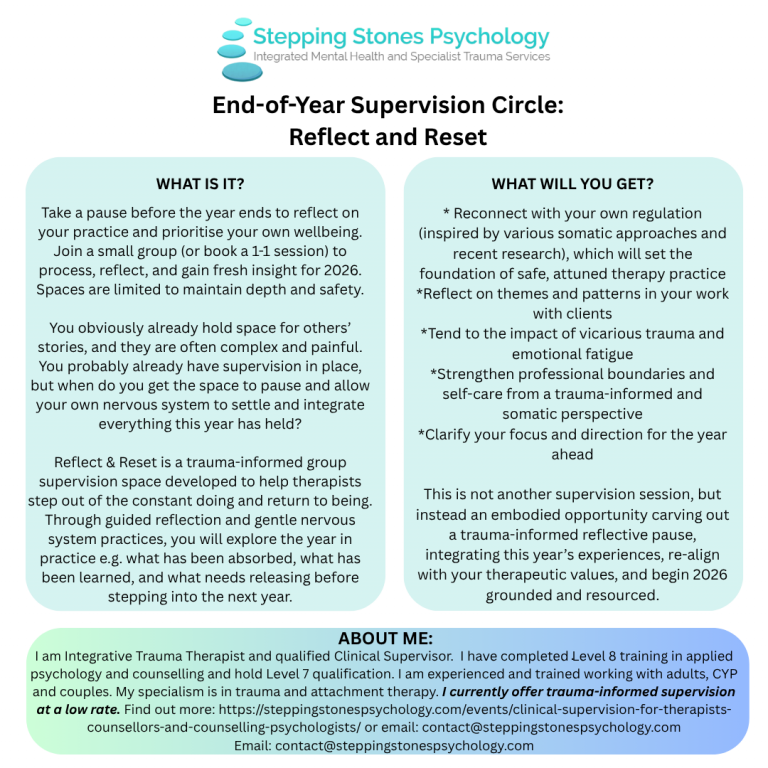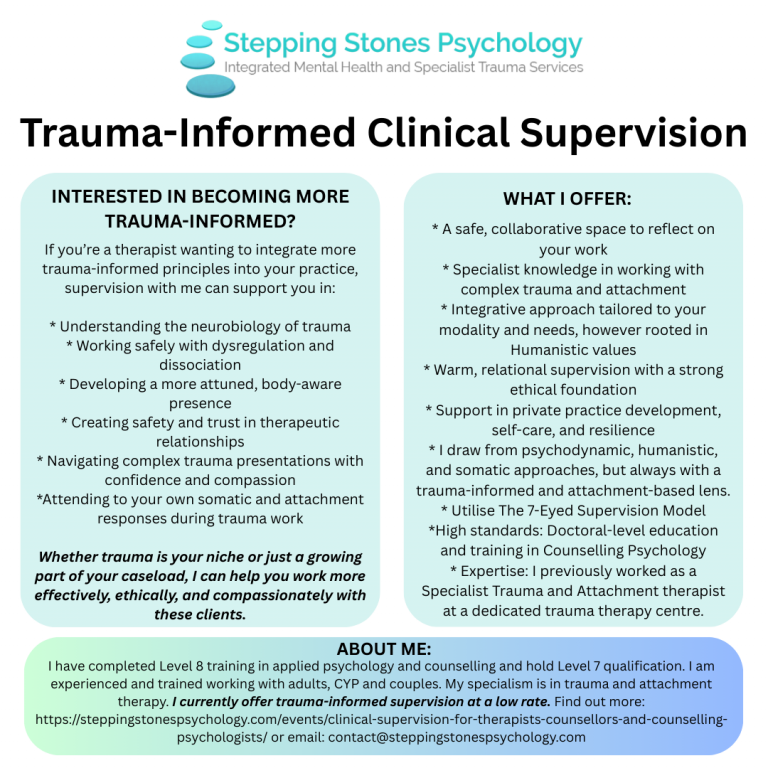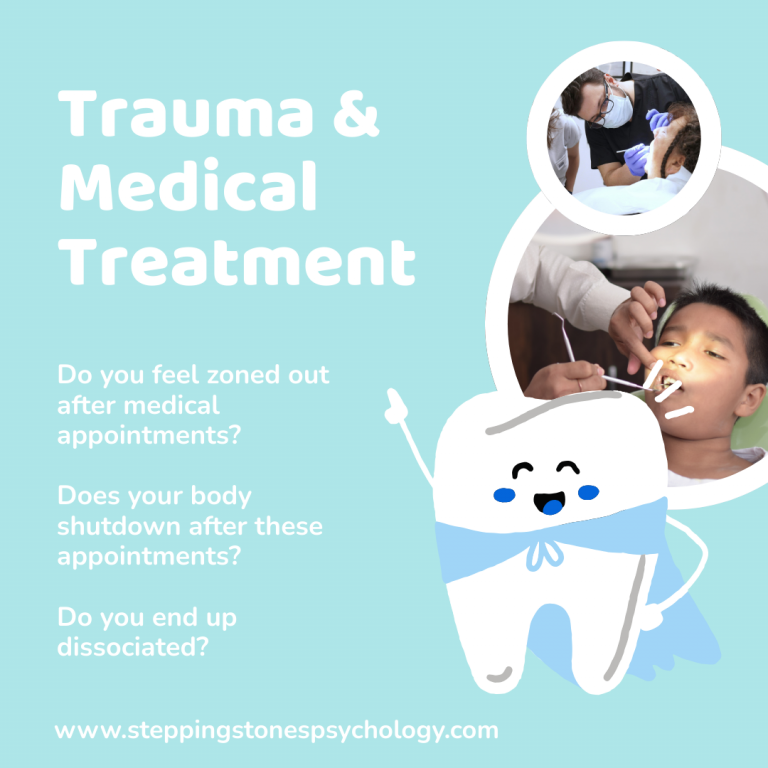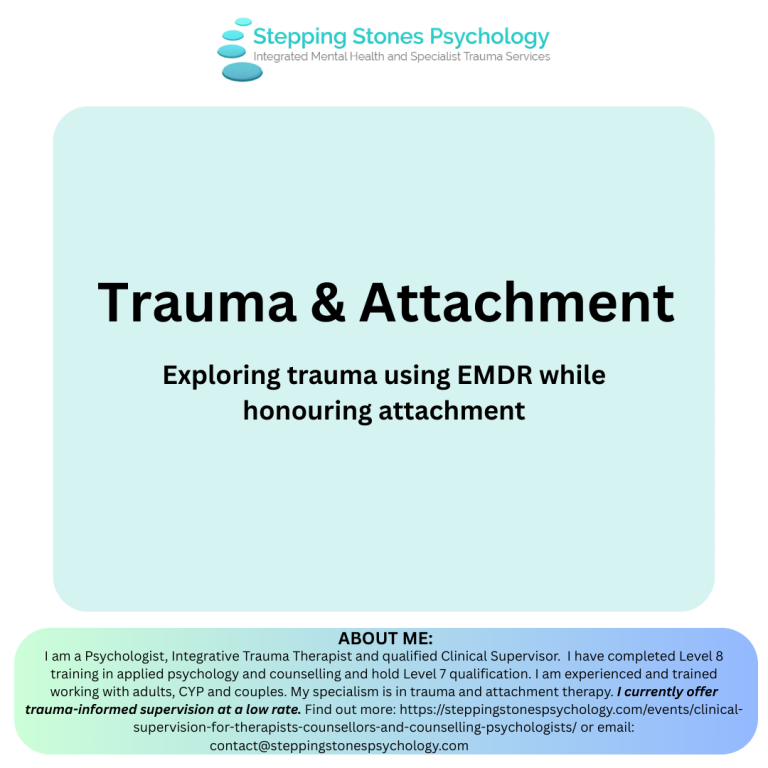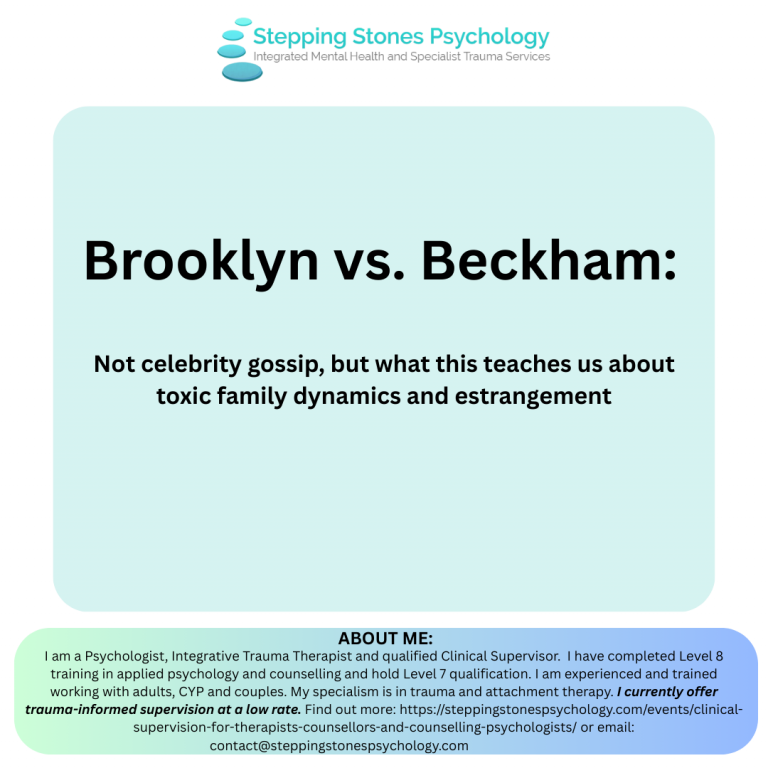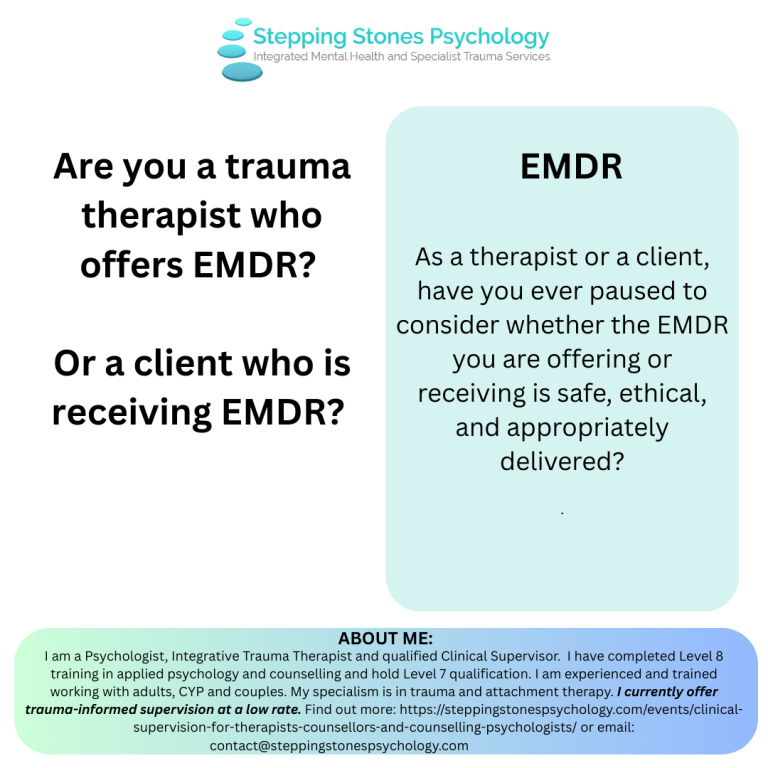We are an integrated mental health service offering a range of therapeutic support, including counselling, psychotherapy, wellbeing support sessions, and consultations.
Our core specialism is in trauma and attachment. We work with individuals of all ages who have experienced abuse, neglect, domestic violence, PTSD/CPTSD, complex trauma, developmental trauma, loss, attachment difficulties, or who need support with therapeutic parenting.The 'We' and the 'I' behind Stepping Stones Psychology:
Led by Sharmi, in Partnership with a Trauma-Informed Team
Our therapeutic services are primarily led by Sharmi, our Clinical Director and Principal Psychologist. She is also the Founder of Stepping Stones Psychology. You can find out more about Sharmi here.
We also collaborate with a network of trauma-informed professionals, such as coaches, therapists, psychologists, somatic practitioners, and also guest professionals who join us as part of the services we offer. This approach ensures a comprehensive, integrated therapeutic experience for our clients. We also provide trauma-informed training for other professionals to ensure the highest standard of trauma therapy.
On this site, “I” reflects Sharmi’s personal approach, while “we” is used to represent the wider team and collaborative nature of our work.We work with a wide range of experiences that are often described using terms like PTSD, CPTSD, ADHD, Autism, and other forms of neurodivergence and trauma. For many people, these labels can offer clarity and a sense of validation, and we completely respect that. If these terms feel meaningful or helpful to you, we will use them in a way that supports your process.
At the same time, we take a non-pathologising approach to therapy. We don’t see your struggles as disorders or deficits, but as understandable responses to what you have lived through. We tend to avoid language like ‘disorder’ because it can sometimes feel limiting or carry stigma, and we believe it’s more helpful to view things in context.
This perspective is also part of how we work in a trauma-informed and trauma-sensitive way. We aim to understand ‘what has happened to you’, not ‘what’s wrong’ with you. Reactions that might seem overwhelming, confusing, or unwanted, such as anxiety, shutdown, emotional reactivity, or masking, are often protective responses shaped by past experiences. Basically, they are survival strategies rather than symptoms or problems to be fixed. They are ways your mind and body learned to cope. They make sense once we understand where they come from.
That said, you are the expert in your own life. If a particular diagnosis or label feels empowering for you and helps you feel seen, understood and validated, we will always honour and work with that language. Our aim is to meet you where you are, using a framework that supports both healing and autonomy, as therapy should always reflect your reality, not just ours.

